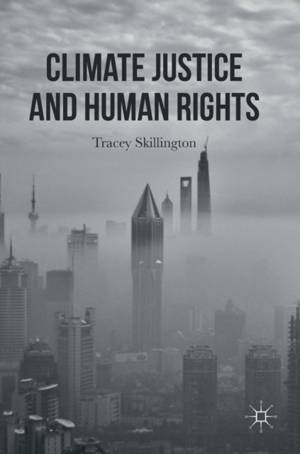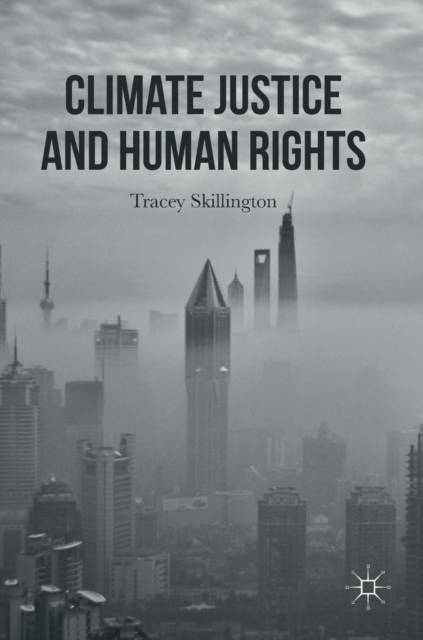
- Retrait gratuit dans votre magasin Club
- 7.000.000 titres dans notre catalogue
- Payer en toute sécurité
- Toujours un magasin près de chez vous
- Retrait gratuit dans votre magasin Club
- 7.000.000 titres dans notre catalogue
- Payer en toute sécurité
- Toujours un magasin près de chez vous
Description
This book shows that escalating climate destruction today is not the product of public indifference, but of the blocked democratic freedoms of peoples across the world to resist unwanted degrees of capitalist interference with their ecological fate or capacity to change the course of ecological disaster. The author assesses how this state of affairs might be reversed and the societal relevance of universal human rights rejuvenated. It explores how freedom from want, war, persecution and fear of ecological catastrophe might be better secured in the future through a democratic reorganization of procedures of natural resource management and problem resolution amongst self-determining communities. It looks at how increasing human vulnerability to climate destruction forms the basis of a new peoples-powered demand for greater climate justice, as well as a global movement for preventative action and reflexive societal learning.
Spécifications
Parties prenantes
- Auteur(s) :
- Editeur:
Contenu
- Nombre de pages :
- 287
- Langue:
- Anglais
Caractéristiques
- EAN:
- 9781137022806
- Date de parution :
- 26-11-16
- Format:
- Livre relié
- Format numérique:
- Genaaid
- Dimensions :
- 155 mm x 220 mm
- Poids :
- 476 g







